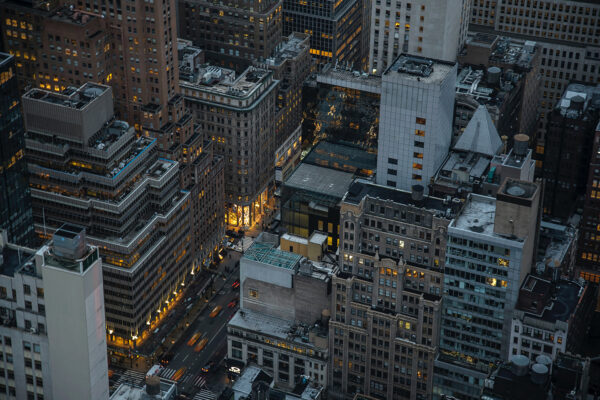
A panel of external experts has advised the American Food and Drug Administration (FDA) to approve over-the-counter sales of naloxone nasal spray.
Naloxone is an affordable and risk-free way to save drug users from an overdose. The spray costs $250 without insurance and prevents deaths from fentanyl, heroin and painkillers. Naloxone has no effect on people who are sober.
Only 29 states allow pharmacists to sell naloxone without a prescription. Even in the states that allow over-the-counter sales, there isn’t enough of the stuff. A study published in The Lancet estimates that 1,270 more naloxone kits are needed for every 100,000 residents to avoid 80 percent of opioid overdose deaths.
Overdose deaths have doubled
The FDA is expected to follow the advice of its experts. There is no time to waste.
Overdose deaths in the United States have almost doubled in the last two years to 100,000. Drugs now kill more Americans than cars. Fentanyl alone has become the leading cause of death for Americans under the age of 45.
The Centers for Disease Control and Prevention recommend using test strips that can distinguish the extremely potent fentanyl from similar-looking powders, like cocaine. But 42 states and the District of Columbia still ban such strips as “drug paraphernalia” under laws from the late 1970s and early 80s.
A few states are coming to their senses. Arizona, Ohio and Tennessee recently legalized fentanyl test strips. Alaska doesn’t criminalize the possession and sale of drug paraphernalia at all.
New York legalizes syringe services
There is more good news from New York. In November, it became the first city in America to green-light supervised consumption sites for illegal drug use, popularly known as needle exchanges. (Although not all needle exchanges allow users to inject on site.) Lawmakers in Illinois are debating a similar law.
Possession of a syringe without a prescription is illegal in most states, but many have refused to prosecute safe injection sites. An exception is Pennsylvania, where Donald Trump’s Justice Department sued to prevent a facility from opening in Philadelphia. Republican governors in Indiana and West Virginia also shuttered their needle exchanges during the pandemic.
Now the Justice Department says it is “evaluating” the legality of supervised injection sites. In 2022, the new president, Joe Biden, came out in support of harm reduction.
Needle exchanges prevent the spread of hepatitis and HIV. Studies in the Netherlands and New York confirm that they reduce overdoses, deaths and public drug use. Three in four users in New York said they would have taken their drugs in public without a supervised injection site.
Least governments can do
The best way to reduce overdose deaths and other harms from illicit drug use is ending drug prohibition. Legalization could help prevent infections and overdoses, by providing users with information and life-saving medicine like naloxone, in regulated stores. It would also lower the threshold for addicts to seek help, and treatment could be covered by insurance.
Until that happens, the least governments can do is allow naloxone, test strips and syringe services to save lives.
